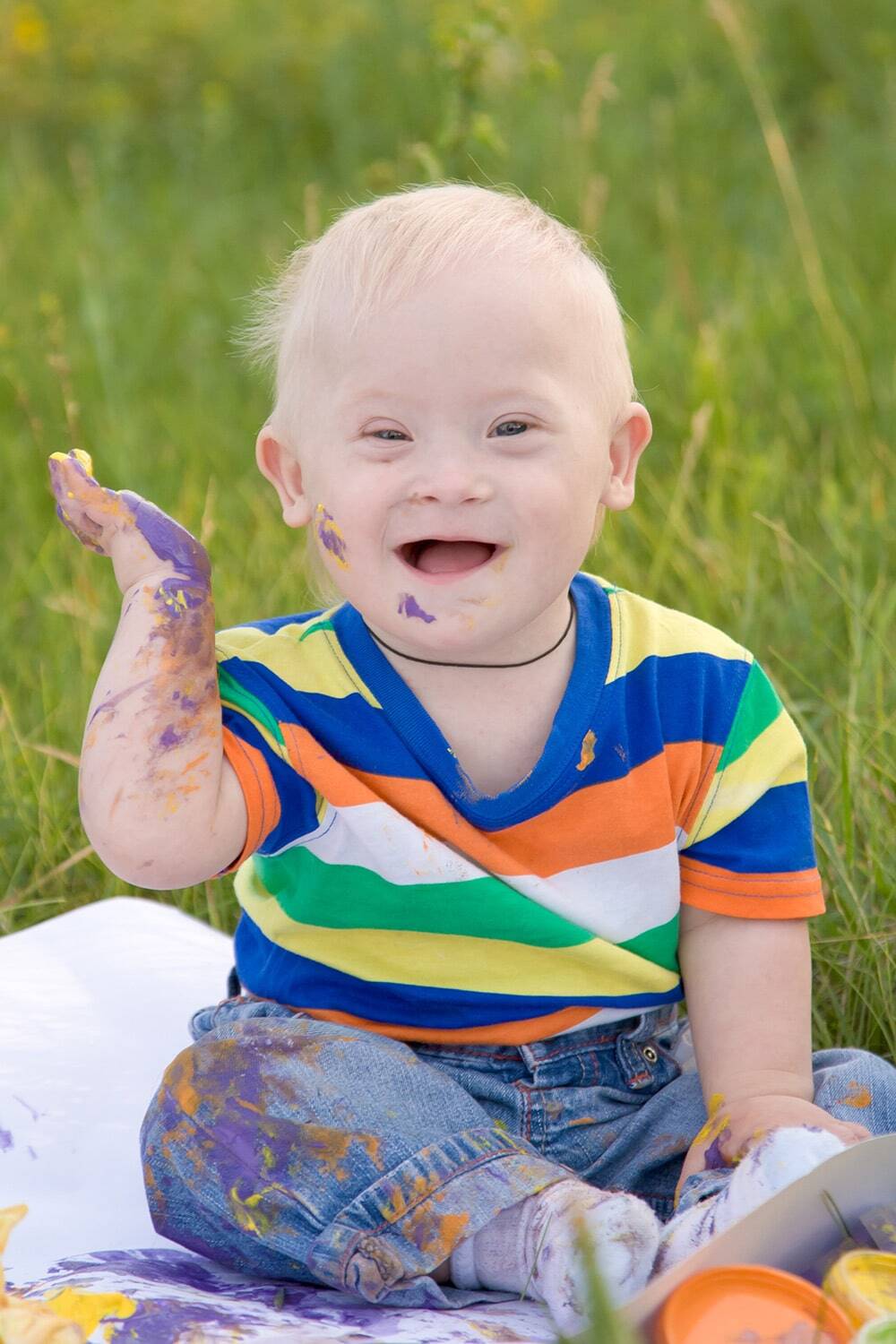There’s nothing quite as adorable as a baby’s gummy smile, especially when it’s your child’s. But it’s only a matter of time before those first teeth come in. While there is a general pattern to tooth development, the timing can vary for every child. Some kids start early, some don’t get their teeth for months, and some are born with a tooth or two in their mouths already. Before a baby’s first tooth appears, there will be teething. This usually starts 2-3 months before the first tooth comes in. Since teeth typically appear at 5-7 months, your child could start to teethe as early as his or her second month.
Signs of Teething
Some common signs your baby is teething include:
- Drooling: This is often the first sign. In some cases, it can be excessive. Babies may develop
a rash on their chin or cheeks because of the drooling. - Red and/or swollen gums: The baby’s gums become more sensitive and may swell. Some
babies appear to have swollen cheeks. A low-grade fever can also occur. - Cheek rubbing/ear pulling: Babies may try to soothe themselves by pulling at their ears or
rubbing their cheeks. - Fussiness and/or crankiness: Sore gums often make a perfectly happy baby cranky – and a fussy baby downright difficult.
- Refusing food: When they are in pain, babies will not want to eat. Try offering cold foods or drinks to help ease the discomfort.
- Sleeplessness: The discomfort of teething can often affect a baby’s sleep. The lack of quality sleep may also make the baby more irritable during the day.
Once your baby has teeth, I suggest wiping or brushing them twice a day with a cloth or baby toothbrush. No toothpaste is needed, but fluoride-free toothpaste is safe to swallow and, if your child likes the taste, it can help to clean teeth. Swallowing this toothpaste is safe. Avoid toothpaste containing fluoride for a few years until your child can consistently spit it out. No matter how long it takes for teething to begin or for those first teeth to appear, it can be a trying time for you and your baby. Knowing what to expect – and when to expect it – may help you feel better prepared and better able to handle this stage of your baby’s life.
For similar articles, check out Weird Baby and Feeding Therapy.






